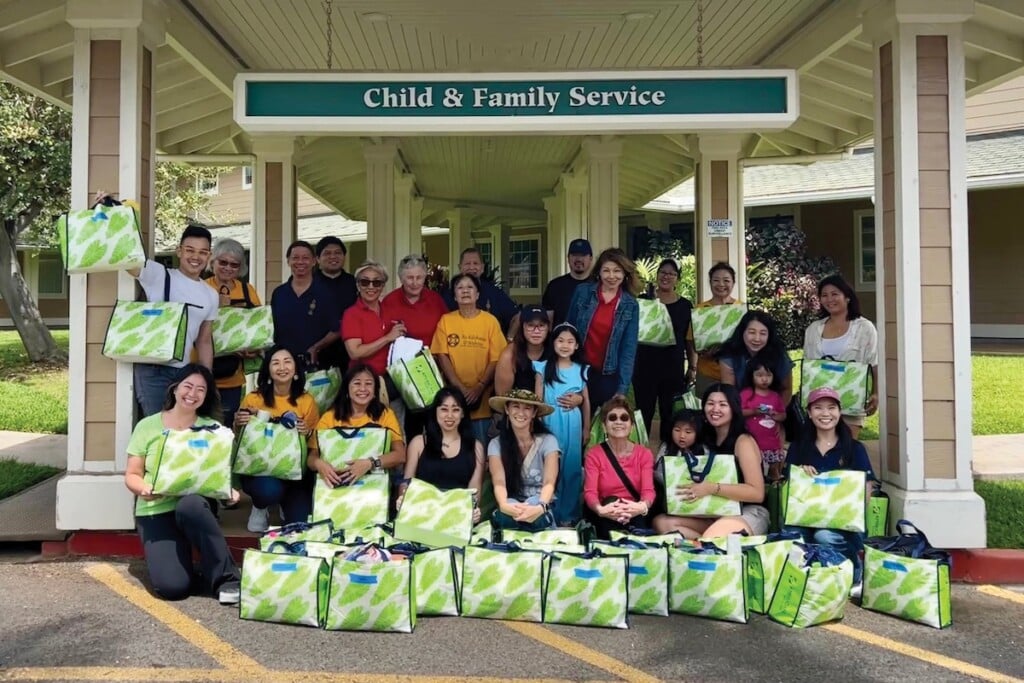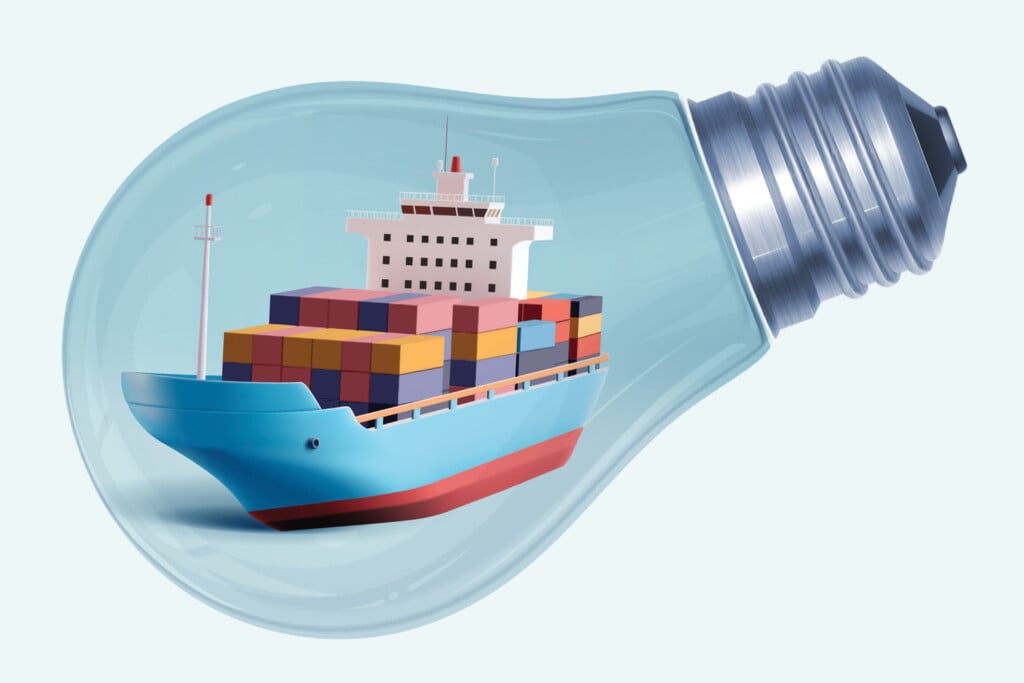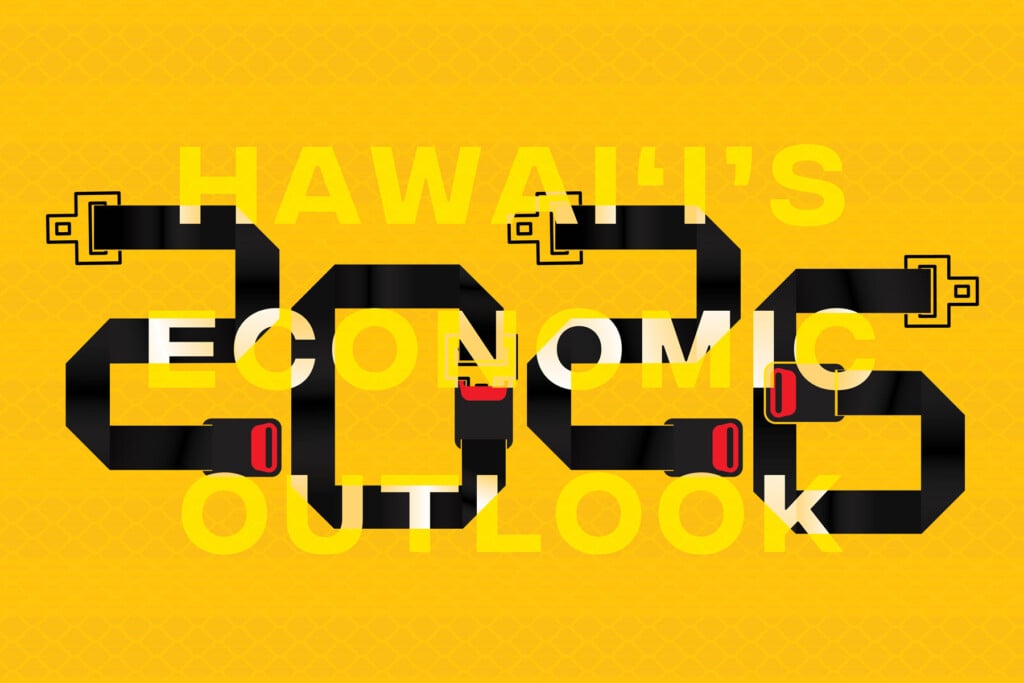126 Years of Serving Hawai‘i’s Families
The mission of Child & Family Service is to offer a wide range of family services and to support everyone from keiki to kūpuna

Child & Family Service is one of Hawai‘i’s oldest, largest and most impactful nonprofits. During the 2025 fiscal year, it says it directly served 16,402 individuals and reached an additional 117,000 through phone calls, referrals and walk-in visits. The beneficiaries were spread across O‘ahu, Kaua‘i, Hawai‘i Island, Maui, Lāna‘i and Moloka‘i.
“I truly believe that Child & Family Service does not belong to any one person but to the community. This organization will continue to be here for Hawai‘i’s families until the day the community no longer needs us,” says Amanda Pump, president and CEO since January 2024.
CFS’ free services focus on five areas:
-
Caring for keiki: Early education and child abuse prevention through family support.
-
Healing from trauma: Counseling and therapeutic services for individuals and families in crisis.
-
Empowering youth: Helping teens overcome challenges and achieve success in school and life.
-
Honoring kūpuna: Support and wellness services for elders and their caregivers.
-
Social enterprises: Strengthening families through goal-setting, resources and resiliency programs.
“We rarely see a family that just needs one thing,” says Pump, who has been in human services for 25 years. “Usually a variety of different things, like, ‘I need better income, I need childcare, I need housing. I might be coping with some substance abuse issues, mental health.’ So one program alone can’t tackle everything.”
Some families get help for a year, while others are supported for five or six years.
CFS was founded in 1899 and today offers 49 programs, with more than half open to walk-ins and the rest available through referrals from family or criminal court, family welfare and others.
Transition to Success is an anti-poverty approach that CFS calls “revolutionary,” because it is making a meaningful impact on families in rural communities across the state, including those with high populations of Native Hawaiian families. This model of care is woven into existing programs and addresses 21 key areas of well-being, connecting families with essential services and resources to maintain stability and improve overall health. There is personalized support, coaching, mentorship and practical resources, and people can share their stories.
“We’ve seen great success in strengthening the social determinants of health,” says Pump, referring to the non-medical factors that often impact health and lifespan, like income, education and available resources.
Every family’s journey is unique, but once they start at CFS, they are guided toward the services they need and supported with food, clothing, information and programs, she says.
Pump says every child deserves two safe parents. Families often turn to CFS for resources, education and preventive services that help to lead them become safe care givers. That means CFS works with many types of parents – including domestic abuse offenders with substantiated child abuse or neglect cases – to create opportunities for healing and change.
“For the most part, kids are resilient and they love their parents,” says Pump. “They deserve access to parents when they are safe.”
To track impact, CFS uses short-term measurements to assess how each service is helping people. For example: With a family seeking safety, success is measured by whether they develop a safety plan, secure housing and basic needs, and sustain permanent housing without relying on multiple systems. Another key measure is whether a family has successfully completed certain programs, Pump says.
“Sometimes I get the most meaning when I’ve worked with a family, five or six years ago and I run into them in the community, or they’ll come to an event that we’re throwing, and they’ll talk about how their kids have grown up, or how they are in the military and so successful, or, some even remark like how Child & Family Service might have saved their lives.”
Pump says the program she is most proud of starting is Hope and Healing, which helps children who have been victimized by sexual trauma to receive trauma-related care and counseling.
CFS recognized that many of those displaced by the August 2023 wildfires on Maui were children, so it provided mental health resources and expanded its tutoring program, Hale O Hulu, to help students get back on track if they had fallen behind.

Amanda Pump speaks to students at Hawaii Pacific University about the history and impact of Child & Family Service in Hawaii.
The wildfires intensified many problems. “We’re seeing more child abuse and neglect cases right now. We’re seeing more sexual assault hotline calls. We’re seeing more people needing basic needs and needing housing. And we’re really seeing a lot of our staff worried like, ‘Hey, am I going to get outpriced from Maui?’” Pump says.
CFS has a staff of nearly 400 and a $37.8 million budget for fiscal year 2026. Most of its money comes from federal, state and county governments and 21% comes from private funding, but cuts this year by the federal government have created uncertainty about the future.
“This is a concern all nonprofit leaders face,” Pump says. “We don’t have certainty about what lies ahead, which puts us in difficult situations – how do we uphold our promises to the community or meet our ethical obligations when the necessary resources aren’t guaranteed? It takes a significant toll on the well-being of both leaders and nonprofit staff.”







